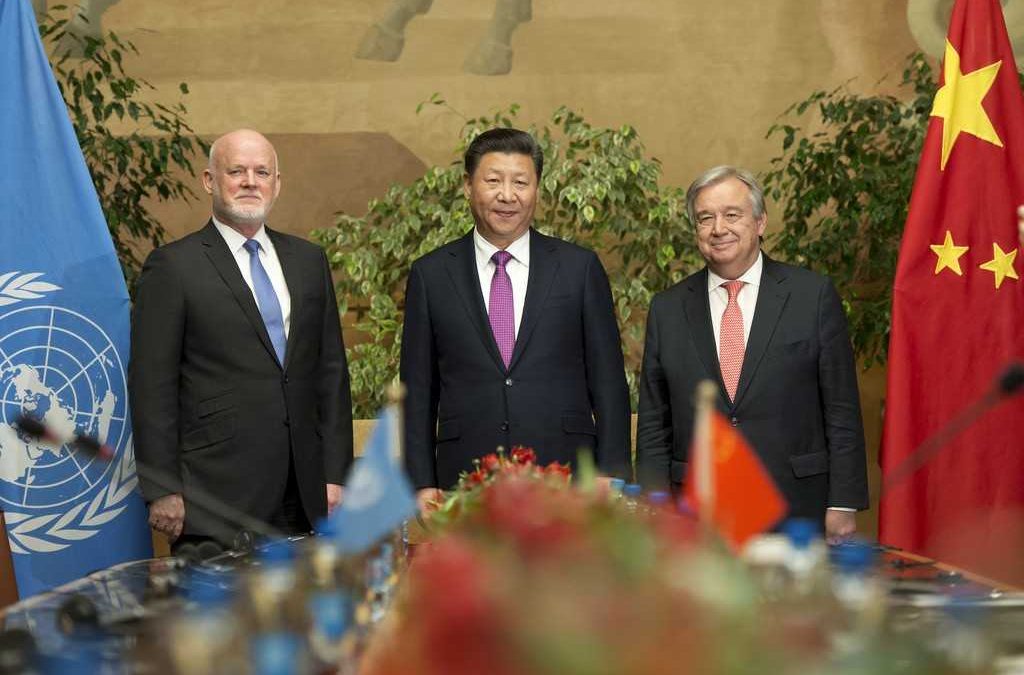Kacie Candela
Assistant Editor | PassBlueChina has presented its position on United Nations reform, and it aligns with Secretary-General António Guterres’s own agenda. It pushes for practicalities, such as a transparent process, a stronger peace and security pillar, streamlined internal management and more geographic diversity in hiring practices in peacekeeping and the UN Secretariat.
“The world is undergoing major developments, transformation and adjustment, but peace and security remain the call of our day,” the position paper begins, alluding to the upset of the Western-dominated global order. “The trends of global multi-polarity, economic globalization, IT application and cultural diversity are surging forward; and countries are becoming increasingly interconnected and interdependent.”
In the paper, China offers no profound changes and echoes speeches that President Xi Jinping made at the UN in Geneva in the fall and other international gatherings. It notably reflects China’s ambitions, however, to extend its global role through the UN.
As an academic expert on the UN said, China’s commitment to UN reform is an “unexpected convergence” with its own self-image as a rising power on the global stage.
“China has been going through a process that has been in the works for decades,” wrote Melissa Labonte, a professor of political science at Fordham University, in an email. “The United States, on the other hand, during the Bush 43 administration, had begun to distance itself from the UN in a variety of ways, and then when Barack Obama’s administration came in, there was a recommitment to multilateral diplomacy that had been lacking in the Bush 43 years. And now we see a return to that, perhaps an even more draconian approach to multilateralism under the new Trump administration.”
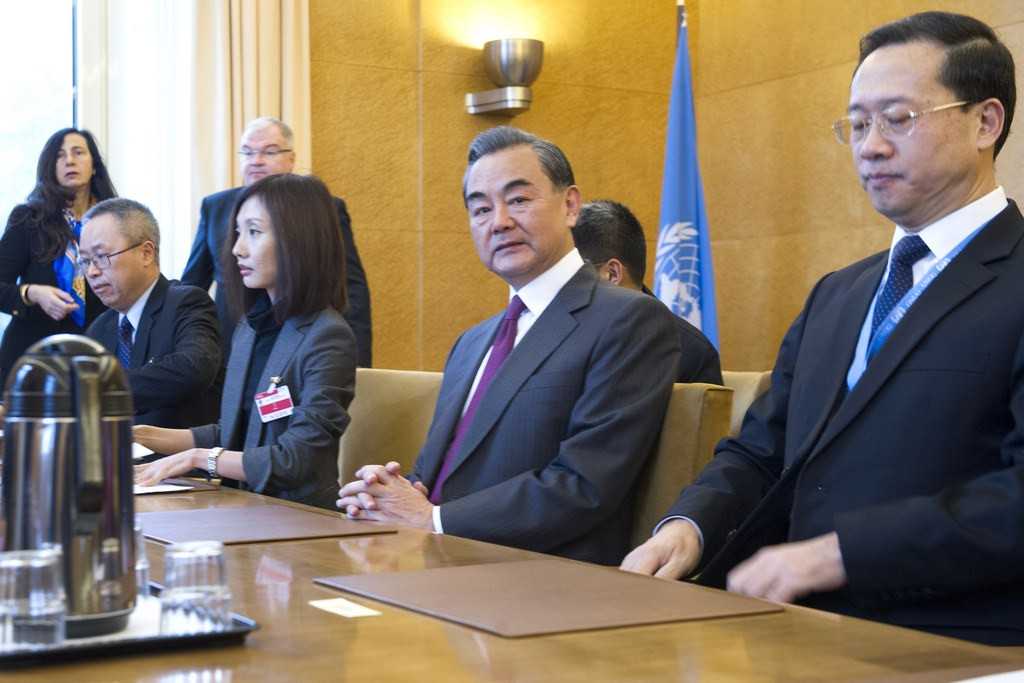
Donate
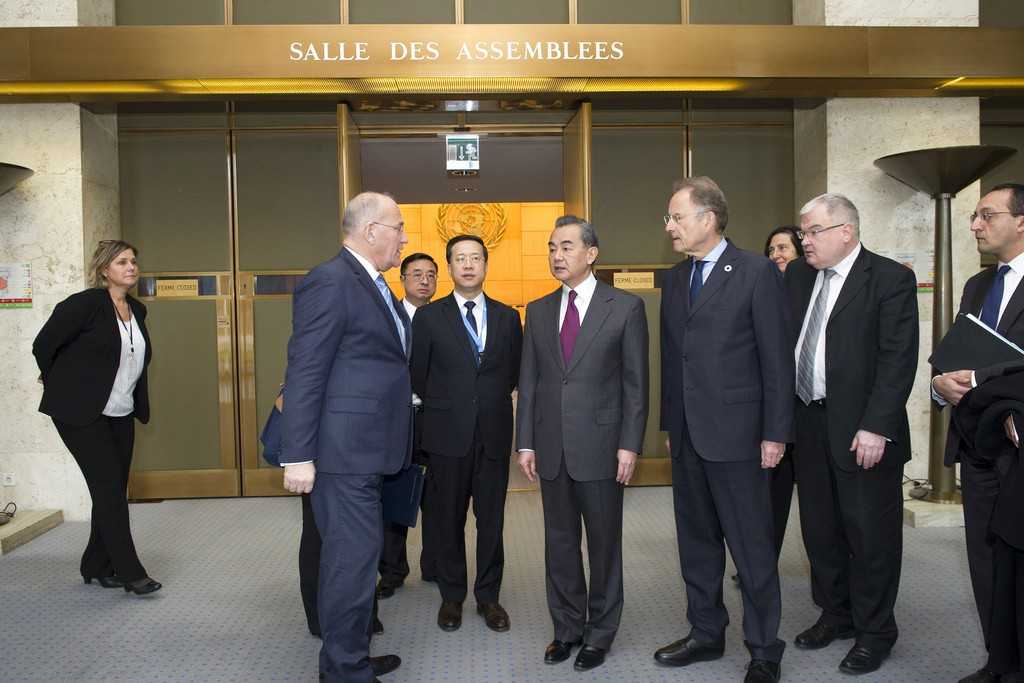
China’s position paper is clearly backing Guterres’s plans to remake parts of the UN just as the US is backing away from the UN, as evidenced by the US’ defunding of its contributions to the UN Population Fund, withdrawing from Unesco, ending its participation in the Global Compact on Migration, negotiating reductions in US contributions to the 2016-2017 UN budget and threats made by Nikki Haley, the American ambassador, to cut aid to countries that do not align their votes with the US in UN forums.
China envisions a “new form” of international relations, governed by “mutual respect, fairness, justice and win-win cooperation” to build an “open, inclusive, clean and beautiful world that enjoys lasting peace, universal security and common prosperity.” The reference to a “clean” world could reflect China’s support of the Paris climate agreement, which the Trump administration walked away from last year.
The UN, the paper iterates, is the ideal forum for “multilateralism” — in diplomatic parlance, countries working together through international treaties and other resources to achieve universal peace and security — and that the UN must adapt itself to upholding international order.
The document underscores the importance of an open reform process dependent on broad consensus. Additionally, reforms should elevate the voices and prioritize the concerns of developing countries, China recommends. Even though it has the world’s second-largest economy, China is still considered a developing country. It is also an informal leader of the Group of 77 countries, which now consist of 134 middle- and low-income nations that do not line up neatly with the politics and ideals of major Western allies.
“China is outpacing the US in multilateralism in areas of peace and security, trade and development, and even, recently, in humanitarianism,” Labonte added. “China is becoming a donor government. They weren’t considered this 10 years ago. They are a critical player in voting blocs and regional organizations such as the G77. China is trying to raise the profile of developing countries at the UN, meaning they are able to accumulate allies in the UN system.”
In the Chinese paper, no mention is made of human rights, however, one of the three “pillars” of the UN (in addition to development and peace and security). But Guterres’s own plan on human rights is vague, at best.
China is renowned in the UN for blocking the promotion of human rights. For example, through the General Assembly budget committee, China has repeatedly blocked the UN’s high commissioner of human rights’ financial requests and its proposed reorganization in the field.
“There is more like this at every turn,” a specialist on human rights said of China’s position, adding that it has become one of the most obvious examples of how the turning inward of the US allows the “sensitive field of human rights to be reshaped and redefined by the Chinese.”
Development, though, is given much ado in China’s reform points, re-enforcing its focus on the UN’s entrenched involvement in development — from fostering good governance to upgrading agriculture — in some of the world’s poorest countries.
The China agenda does not declare outright its intention to fill shoes left by the US as the latter recedes from the UN and its reliance on multilateralism. But when President Donald Trump hosted a UN reform meeting during the opening of the UN General Assembly in September, China and Russia were notably absent from the meeting, which was co-hosted by Britain, Canada, Germany, Indonesia, Japan, Jordan, Niger, Rwanda, Senegal, Slovakia, Thailand and Uruguay.
At the Sept. 18 invitation-only meeting, Trump expressed support for Guterres’s reform agenda, which the US had a strong hand in crafting by encouraging the secretary-general to consolidate his executive power and delegate development projects to UN regional bodies.
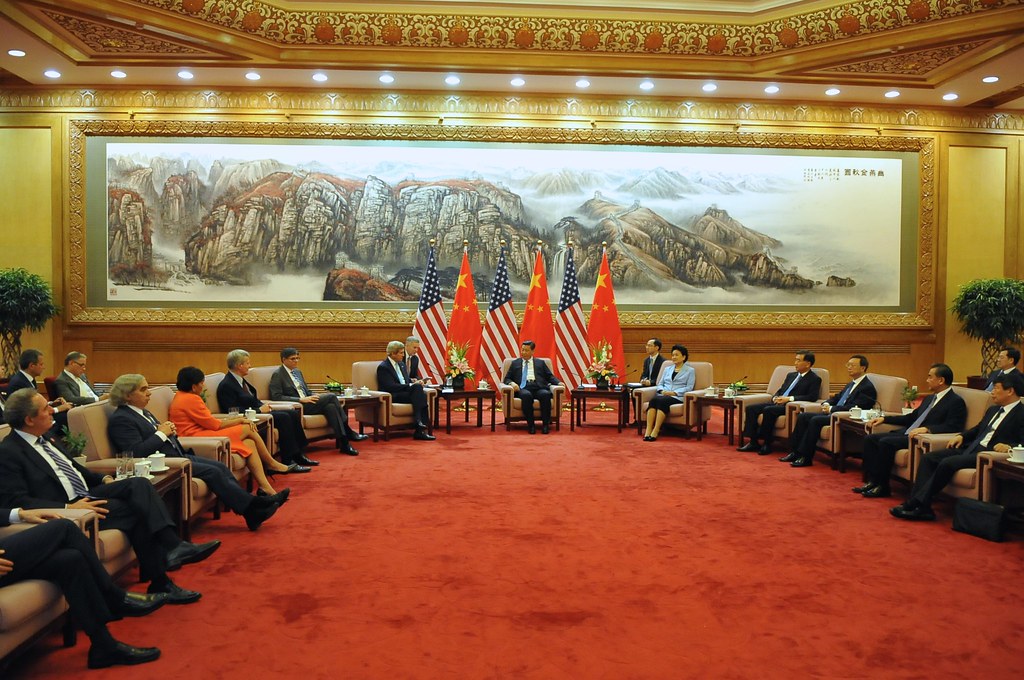
Donate


Donate
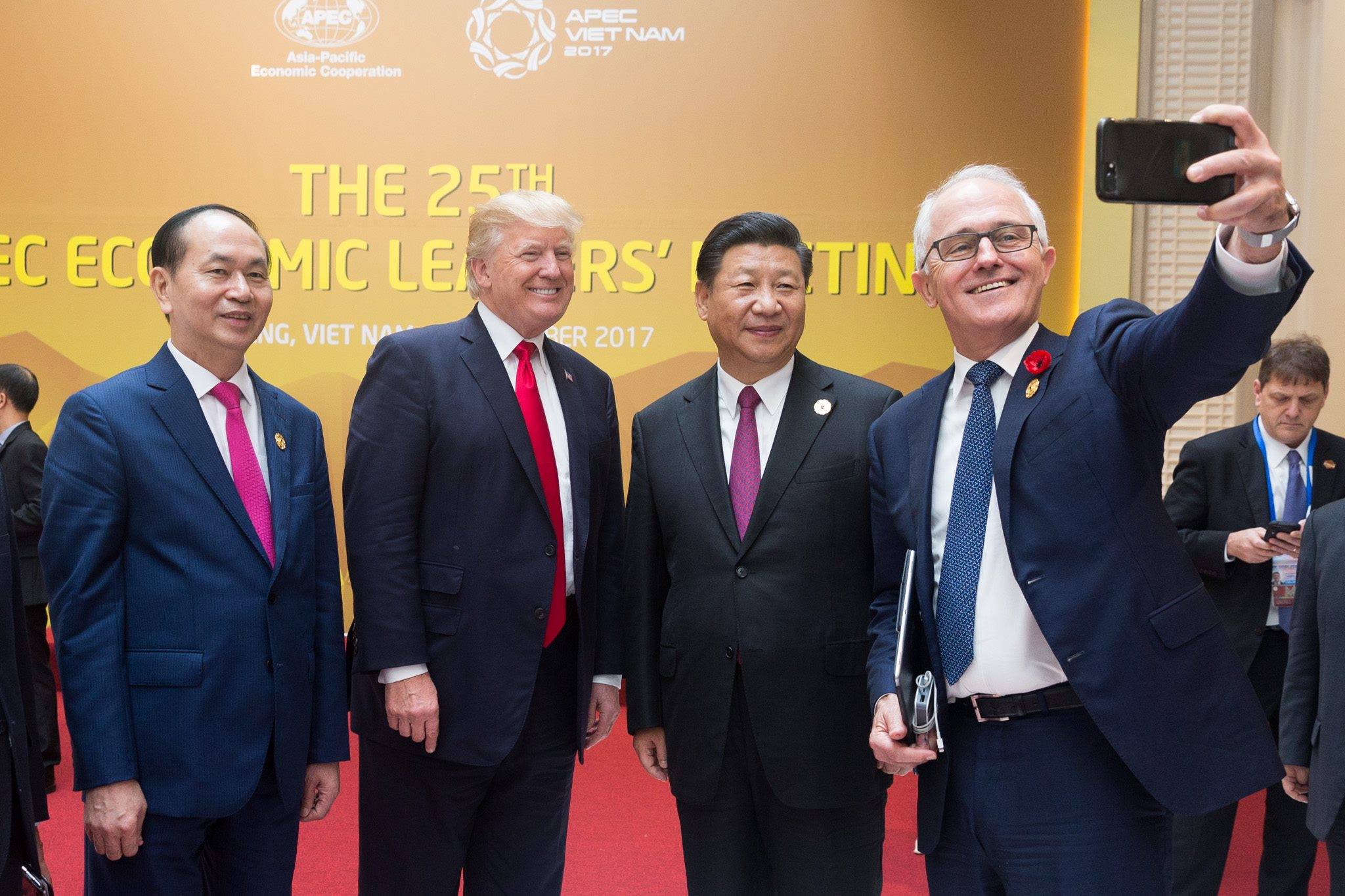
Some countries perceived the Guterres agenda and the Trump meeting at the UN — his first appearance at the world body — as a sign that the US is leading the reform without putting such a plan on paper, at least not for public consumption. China’s concern for “broad consensus” in its own paper may be a reaction against the influence of the US.
As for peacekeeping, China is by far the largest troop-contributing country of the five permanent Security Council members, Britain, France, Russia and the US, with 8,000 peacekeepers — about one-fifth of the global troop population. China’s reform notions for UN peacekeeping recommends applying “explicit, feasible and focused mandates” tailored to specific situations.
Yet China’s commitment in 2015 to create an 8,000-member standby force for the UN has not emerged, and human-rights advocates have raised alarms on China’s efforts to eliminate financing of UN human-rights officers stationed in peacekeeping missions.
The US and China agree on one change: both are calling for a stronger Secretariat, the core of the UN’s policymaking operations. China “hopes” the Secretariat will cultivate partnerships with regional organizations to prioritize prevention and mediation.
Regional cultivation lies at the heart of China’s own development programs in poor countries that have the potential to reward China economically, such as investments in extractive industries in Africa; the One Belt, One Road project in Eurasia; and the Six 100s plan announced by President Xi Jinping at the UN in 2015 to provide financing to Southern Hemisphere countries on such initiatives as health and education.
Matching Guterres’s plans, China is calling for gender parity — of which the US is ominously silent — as it pushes for developing countries and troop-contributing countries to be given priority for appointments and hiring at the proposed Department of Peace Operations, which will merge the current peacekeeping department with parts of the Department of Political Affairs.
Ironically, China “attaches importance” to supporting women’s roles in “decision-making power” in the UN’s work, yet China’s own Communist Party is devoid of elite female leaders.
Another policy that is central to China’s reform agenda is deepening international development cooperation, especially macroeconomic policy. It calls on developed countries to honor their official development assistance commitments and obligations to “North-South cooperation.”
This policy is hardly new, but it resonates strongly as the Trump administration makes pointed moves from free trade and development assistance, withdrawing from the Trans-Pacific Partnership and threatening to withhold aid to countries.
Like all states, China promotes its own nationals assigned to top UN posts and cultivates diplomacy through UN agencies.
So it is not surprising that it suggests that “actions should be taken to strengthen the functions and capacities of UNDESA” — the UN Department of Economic and Social Affairs, which has an annual budget of $80 million. The entity has been led by a Chinese national for years and is considered a “mixed bag of issues and mandates,” a former longtime UN official said, including providing statistical and population research for the Secretariat.
Its main work now is to carry out the Sustainable Development Goals and their financing. Nikki Haley has not commented publicly on the universal policies since she took office in February 2017.
Original Publisher
PassBlueKacie Candela is an assistant editor for PassBlue and a news anchor and reporter with WFUV, a public radio station in the Bronx, N.Y., where she covers the UN and other beats. Her work has won various awards from the New York State Associated Press Association, New York State Broadcasters Association, PRNDI, and the Alliance for Women in Media.

